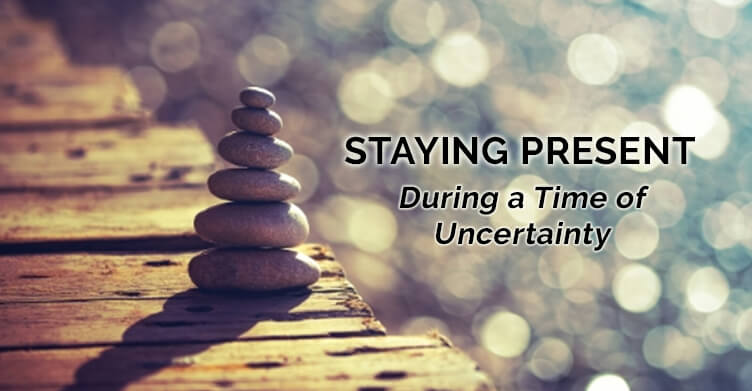We’re all experiencing a new normal – both in grieving our past lives, prior to February 29, 2020, and in finding a new way forward. The psychological effects of COVID-19 have been devastating for our society.
Since March 1, 2020, our global environment has changed due to COVID-19. CBS anchor Gayle King says, “I feel emotionally drained. I feel spiritually drained. I think a lot of people are feeling this during this time.”
The second order of effects of COVID-19 include disruption of family routine, social distancing, isolation, loneliness, layoffs, job loss, exposure to extreme stress, and moment by moment digestion of knowing that more than 2 million people across the globe have COVID-19 exposures and that there are more than 180,000 deaths globally. These are all anxiety provoking.
Learning resiliency skills during and after a major event such as COVID-19 is not easy. Modern neuroscience tells us that we experience physical, social, and mental threats, all with the same intensity.
However, in this light, our rising skills are ever so imperative. Author Dr. Brené Brown says that gaining skills in rising up enable people to take risks and jump into the vast unknown. Learning to rise is a three-part process: “the reckoning, the rumble and the revolution.” People are emotional beings. When you react emotionally to something, you can move forward by becoming curious about what you feel and why. Tune into your mind and body’s reactions, such as an increased heartbeat, a dry mouth or ruminating thoughts.
Let’s take a closer look at the three steps to Learning to Rise:
- The Reckoning: Our reckoning during COVID-19 is being in a situation where our emotions run high. We find that our physiology is taking over our thinking, and logic and behavior are not present. The key to the reckoning is being aware, present, and conscious that something has gotten a hold of you. Next, it’s time to get curious about it. For instance: I’m in a lot of pain, feeling really vulnerable, my stomach is in knots, feeling like I am paralyzed, want to punch something, or I need to get away and run from this situation (freeze, fight, or flight). This step can be hard because most tend to blame others or outside circumstances.
- The Rumble: Brown describes how people “offload” emotions onto others instead of reckoning with their feelings. They tamp down their emotional reactions until one small comment or action sparks an out-of-proportion outburst. Or, they get angry, place blame and make excuses. Rumbling is stepping into the story, owning it and taking it to the mat! Rumbling typically includes the story we make up absent of data. Consequently, it’s usually based in fears and insecurities. These evolve into conspiracy theories. Conspiracy theories can often contain confabulations. Brown defines this as a lie told honestly. We replace missing information with something false that we believe to be true. This shows up at work when we share what we believe is factual information, but it’s really just our own opinion. Brown encourages us to write our SFD (shxxx first draft) to start an interruption. It’s a simple way to notice your story while being in your story. To put rising skills into practice, start with:
-
- “The story I’m telling myself…” or “The story I make up…”
- Write it down!
- There are a whole host of follow-up questions that Brown outlines as the Story Rumble process. The most challenging question is: “What more do I need to learn and understand about myself?”
-
- The Revolution: According to Brown, the revolution is all about claiming authorship of our own stories and lives. It’s about taking off the armor and rumbling with vulnerability, living in our values, braving trust with open hearts and learning to rise!
As we move to gain control of our lives through building, deepening, and strengthening our resiliency skills, we practice mental endurance and model resilient behaviors for our communities and families. By doing that we embrace Daring Leadership. I Dare You to Lead.
————————————————————————————————————————————–
Terri L. Williams
Senior Consultant, Corporate Class, Inc.
Dare to Lead Certified Facilitator


